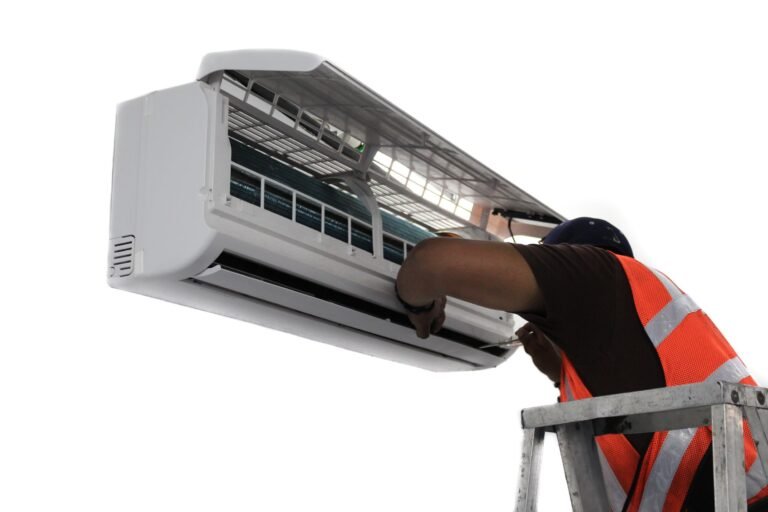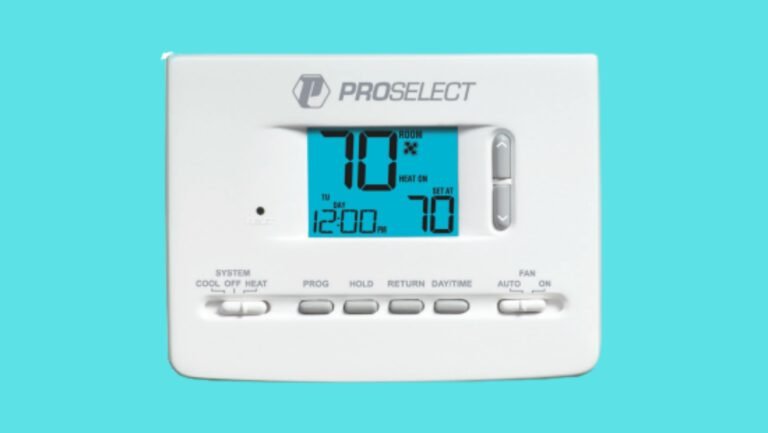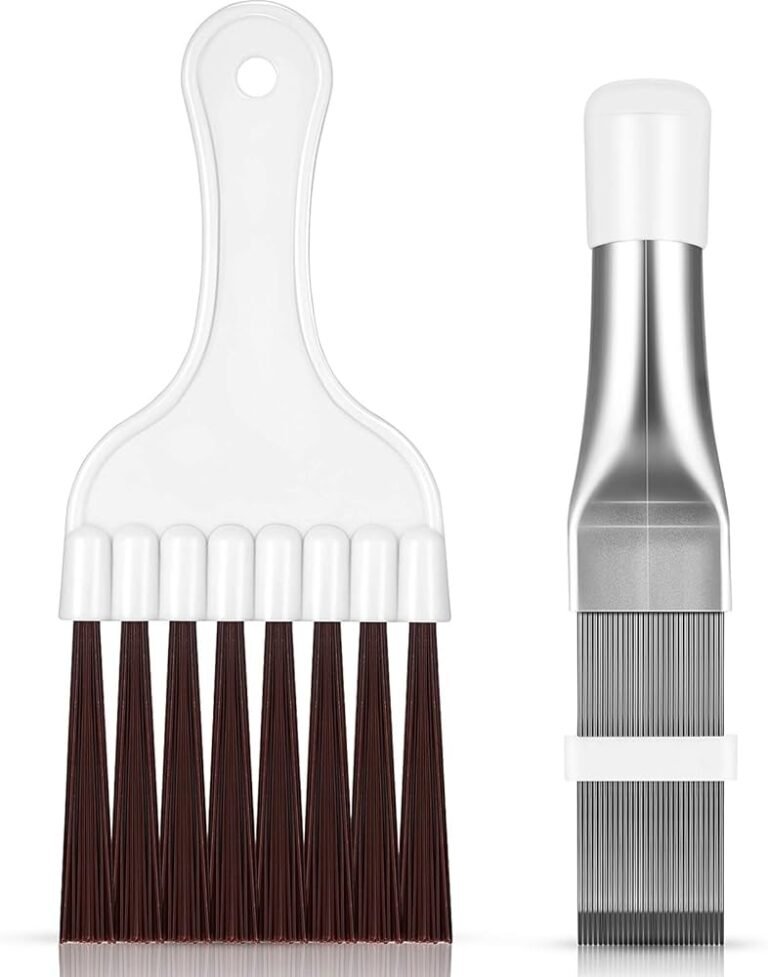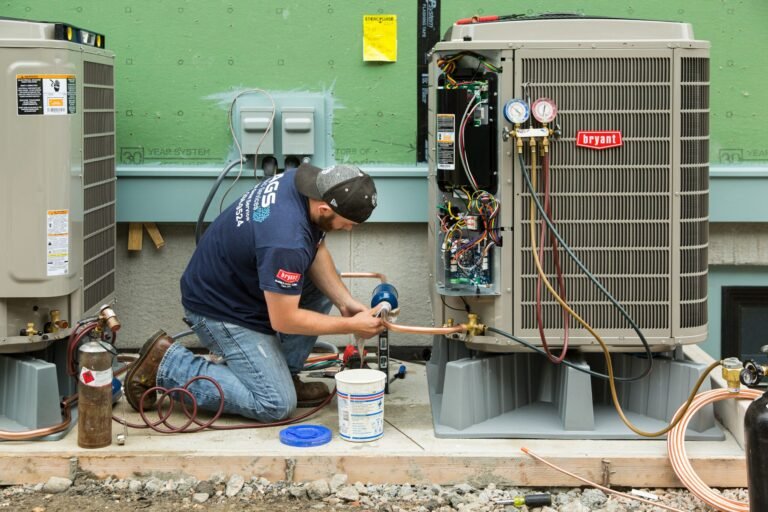What is a Mechanical Air Conditioner: The Ultimate Guide
A mechanical air conditioner is a type of air conditioning system that uses mechanical controls, typically in the form of knobs or switches, to set the desired temperature range. These controls allow the user to adjust the cooling settings to cool, cold, or coldest.
Unlike electronic air conditioners, which allow for specific room temperature settings, mechanical air conditioners have preset temperature ranges. This type of air conditioner works by pulling warm air from the room through an evaporator coil and blower fan, cooling it, and then returning the cooler air back into the room.
Refrigerant flows through copper tubing to an outdoor unit where the compressor and condenser coil are located.
Understanding Mechanical Air Conditioners
| What is a Mechanical Air Conditioner? |
| A mechanical air conditioner is a type of cooling system that uses mechanical components to cool the air in a room or an area. It consists of several components such as an evaporator coil, blower fan, compressor, and condenser coil. |
| Components of a Mechanical Air Conditioner |
| A mechanical air conditioner is composed of the following components: |
|
| How Does a Mechanical Air Conditioner Work? |
| A mechanical air conditioner works by extracting heat from the air in the room and then cooling it down through a refrigeration cycle. The process involves the following steps: |
|

Credit: www.pcmag.com
Pros And Cons Of Mechanical Air Conditioners
Advantages of Mechanical Air Conditioners:
- Simple and easy to use with mechanical controls
- Cost-effective option compared to electronic air conditioners
- Less complex in design, making them more durable and long-lasting
- No need for electricity or batteries to operate, making them suitable for remote or off-grid locations
- Great for cooling small to medium-sized spaces efficiently
Disadvantages of Mechanical Air Conditioners:
- Less precise temperature control compared to electronic air conditioners
- May have limited cooling capacity, making them less suitable for large or open spaces
- Cannot be programmed for automatic operation or timed settings
- May produce more noise during operation compared to modern electronic air conditioners
- Less energy-efficient, which may result in higher electricity bills
Choosing The Right Mechanical Air Conditioner
|
Choosing the Right Mechanical Air Conditioner
When it comes to selecting a mechanical air conditioner, there are several factors to consider. |
|
Factors to Consider When Choosing a Mechanical Air Conditioner
1. Sizing: It is important to accurately determine the size of the air conditioner needed for your space. A unit that is too small may not effectively cool the area, while one that is too large can lead to energy wastage. 2. Energy Efficiency: Look for air conditioners that have a high Energy Efficiency Ratio (EER) or Seasonal Energy Efficiency Ratio (SEER). These ratings indicate the unit’s energy efficiency and can help you save on electricity bills. |
|
Sizing a Mechanical Air Conditioner
Ensure to measure the square footage of the area you want to cool and consult a sizing chart or an HVAC professional to determine the appropriate cooling capacity for your space. |
|
Energy Efficiency of Mechanical Air Conditioners
Opt for air conditioners with high EER or SEER ratings as they use less energy to cool the room, which translates to lower energy costs. |
Frequently Asked Questions On What Is A Mechanical Air Conditioner
What Is The Difference Between Mechanical And Electronic Air Conditioners?
Mechanical air conditioners have turning knobs or switches to set the temperature within a certain range. Electronic air conditioners allow for specific temperature settings. Mechanical ACs have analog controls while electronic ACs have digital controls.
How Does A Mechanical Air Conditioner Work?
A mechanical air conditioner works by pulling warm air from the room using an evaporator coil and blower fan. The air passes over the cool evaporator coil and is then returned to the room as cooler air. The refrigerant runs through copper tubing to the outdoor unit where the compressor and condenser coil are located.
What Is Mechanical Air Cooling?
Mechanical air cooling refers to the use of energy to actively cool an area, such as with refrigerators, freezers, air conditioners, and heat pumps. It utilizes mechanical components, like fans and compressors, to pull warm air from the room and circulate cooled air back into the space.
What Is The Difference Between Mechanical Ventilation And Hvac?
Mechanical ventilation focuses on providing fresh air and reducing pollutant buildup. HVAC systems may not provide as much fresh air and may be less effective in removing pollutants.
Conclusion
A mechanical air conditioner, also known as a window air conditioner, is a cooling device that uses mechanical or analog controls to set the desired room temperature within a specific range. Unlike electronic controls, which allow for precise temperature settings, mechanical controls typically offer preset options such as cool, cold, and coldest.
These air conditioners operate by pulling warm air from the room, passing it over a cool evaporator coil, and then returning the cooled air back into the room. With their simple controls and reduced maintenance needs, mechanical air conditioners are a popular choice for many homeowners.







